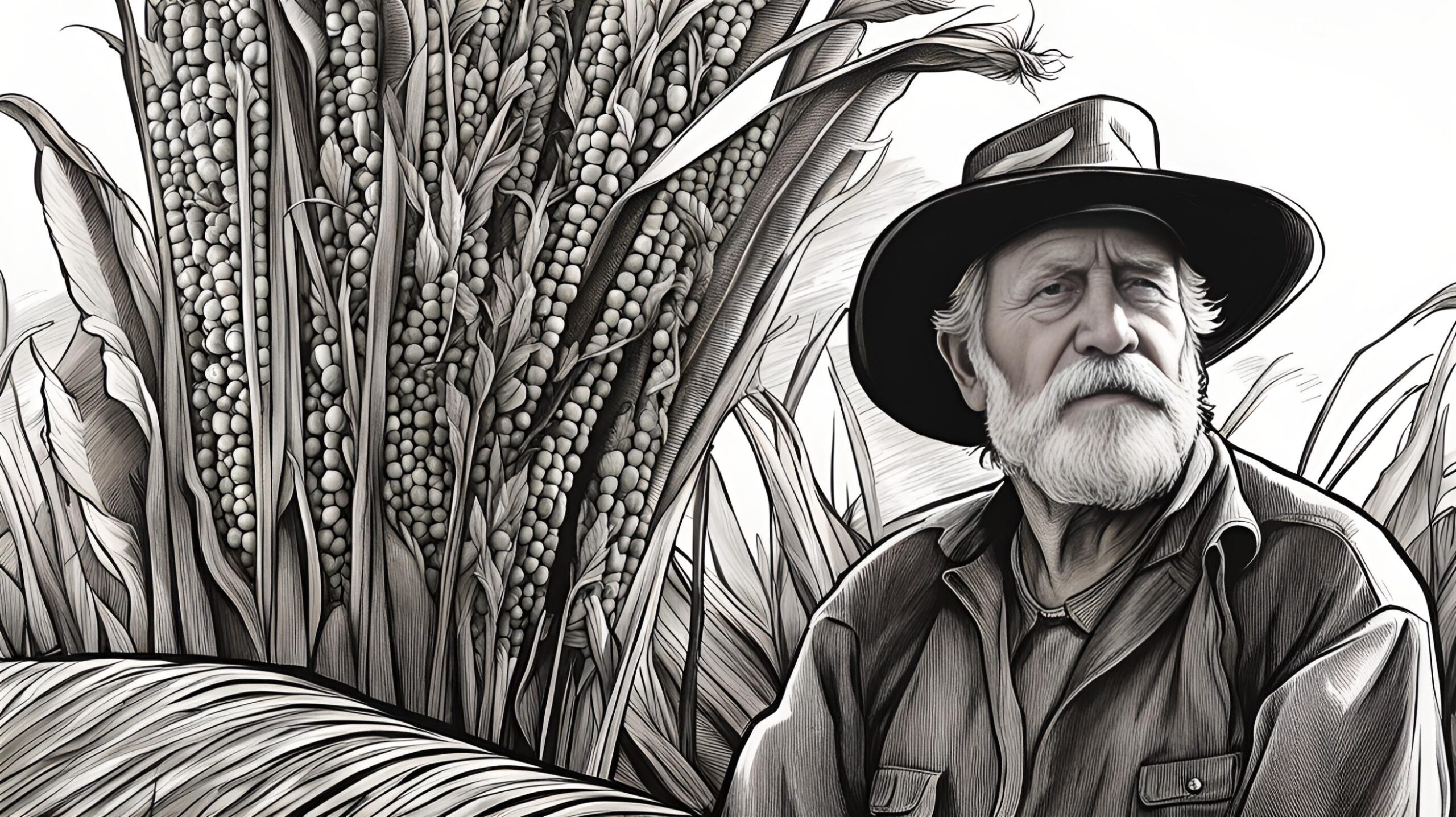Flashback to July 9
American History

On November 6, 1945, a significant event in American history unfolded. The House Un-American Committee initiated its probe into the activities of seven renowned radio commentators. This was an event that highlighted the atmospheres of suspicion and alleged subversive activities, influencing US policy and even the radio industry.
The event that came to be known as the House Un-American Committee’s investigation of seven radio commentators was triggered by concerns over alleged Communist influence making its way into mainstream American media. These seven commentators under investigation were considered to be influential figures armed with a wide audience scope.
This unprecedented investigation was led by the House Un-American Activities Committee (HUAC), a standing committee dedicated to investigating possible subversive activities by individuals or organizations that were deemed to be Un-American. Its main focus was spotlighted on Communist ideology that was perceived as a threat to the American value system and national security.
Deep-rooted fears over alleged Communist infiltration in the United States weren’t confined to the corridors of Congress alone. They were a mirrored reflection of the broader society’s concerns, an era marked by the “Red Scare” and Cold War politics.
The seven radio commentators caught in the dragnet of this investigation were no ordinary public figures. These individuals held a pivotal role as influencers through their radio broadcasts, capable of shaping public opinion. The HUAC investigation sought to uncover whether these figures were indeed harboring or spreading un-American ideologies.
The proceedings of the investigation were marked by hearings that delved into the content of the commentators’ broadcasts. It was a meticulous process that assessed the commentators’ communications, their messages, and their stances on various political and social issues.
As with other high-profile investigations led by the HUAC, this event was not devoid of controversy. Critics viewed the investigation as an infringement on the freedom of speech and expression, while others saw it as a necessary safeguard for national security.
An essential facet of this event was how the investigation of the seven radio commentators roused widespread interest. It wasn’t only an event that took place within the confines of a Congressional committee hearing. It also sparked conversations around the role of media, the reach of political ideologies, and the extent to which state oversight was justified.
The HUAC investigation of the seven radio commentators occurred at a time when the Cold War anxieties were at their peak. The wave of anti-Communist sentiment had swept across the nation, touching every sphere of society, including the media.
The radio was an integral medium of communication during this era. Unlike today’s vast media landscape with numerous outlets, the radio commentators, under investigation, had a far-reaching influence over their listeners. Their broadcasts went beyond entertainment, often delving into critical social and political discussions. For this reason, the HUAC’s investigation into their activities had profound implications.
The significance of this event in American history cannot be understated. An investigation of this scale unearths major conundrums: The tension between freedom of speech and national security, the role of government in media regulation, and the impact of such investigations on society’s view of radio commentators and their influence.
The House Un-American Activities Committee’s investigation of the seven radio commentators on November 6, 1945, still resonates today. The event is not just a historical footnote but a critical lens to understand the complexities of the era better, the intertwined narratives of political ideologies, media influence, and societal anxieties, which continue to reverberate in the socio-political landscape of America. The HUAC investigation serves as a poignant reminder of the dilemmas that arise when national security interests intersect with media freedom and underscores the powerful role of radio commentators in shaping public consciousness.
We strive for accuracy. If you see something that doesn't look right, click here to contact us!
Sponsored Content

Corncob pipe patented (Henry…
On July 9, 1878,…

Temperature hits 115 degrees…
On July 9, 1860,…

L Carnera discovers asteroid…
On July 9, 1902,…

In Western Minnesota, a…
On July 9, 1975,…

Great train wreck of…
The Great Train Wreck…

